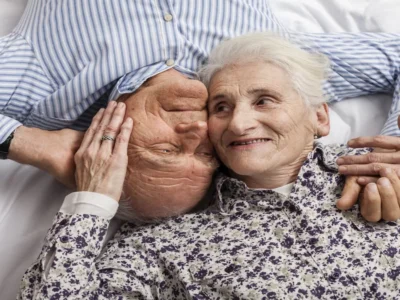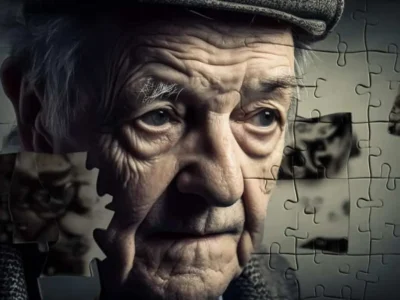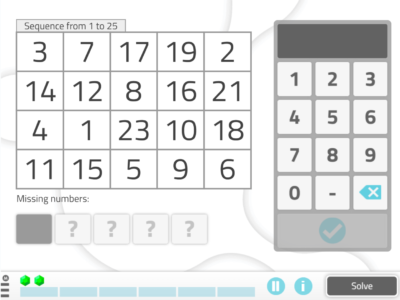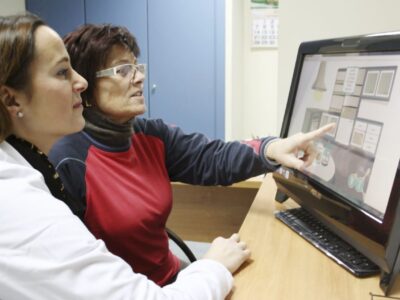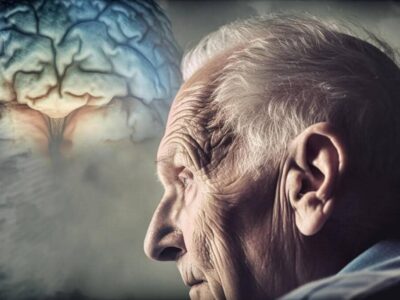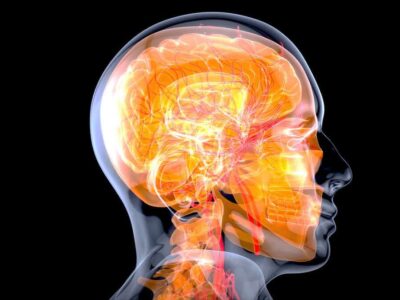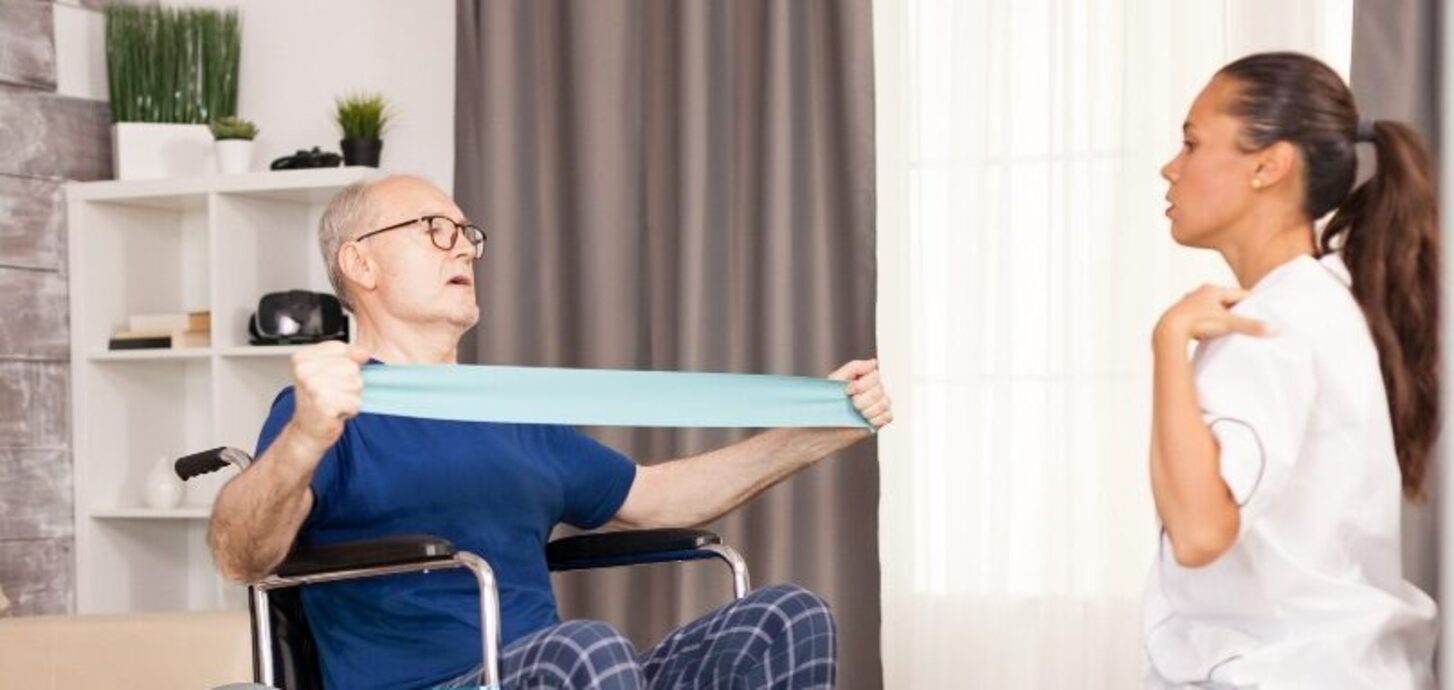Cognitive stimulation is the appropriate intervention in these cases. While the progression of these diseases is inevitable, cognitive and functional deterioration can be slowed.
Some of the most important diseases are:
Multiple Sclerosis
This is a demyelinating disease that damages the white matter covering the axons.
For a long time it had been believed that the clinical manifestations were exclusively neurological (motor weakness, visual impairment, diplopia, dysarthria, ataxia, etc.). However, in recent decades a growing number of studies have shown that it can also be associated with cognitive deficits that mainly affect attention, concentration, information processing speed, memory and executive functions.
Alzheimer’s Disease
This is caused by progressive formation of senile plaques and neurofibrillary tangles in the cerebral cortex as well as neuron and synapse loss.
The dementia it causes involves the development of multiple cognitive deficits, among which are memory deterioration and impairment in at least one of the following areas: language, praxis, gnosis or executive functions.
Parkinson’s Disease
Parkinson’s is due to the progressive death of neurons in a part of the brain called the substantia nigra, more specifically, a portion of this nucleus called the pars compacta. This causes a decrease in the synthesis of dopamine, which causes a dysfunction in the regulation of major brain structures involved in the control of movement.
The main symptoms are slowness of movement, lack of spontaneous motility, resting tremor and rigidity. It can also cause impaired balance resulting in falls.
It is frequently associated with emotional symptoms such as anxiety, depression and apathy. With the onset of cognitive deterioration, it affects memory, attention, and information processing speed among other functions.
Huntington’s Disease
It is caused by a genetic defect on chromosome 4 and is hereditary. It mainly affects the cells of the caudate nucleus and putamen.
Behavioral changes are usually the first symptoms, and include antisocial behavior, irritability, moodiness, restlessness or impatience, among others.
Motor disorders present as facial grimacing, rapid and sudden jerking movements of the arms, legs, face and other body parts, slow and uncontrollable movements or an impaired gait.
The main cognitive deficits are associated with memory and learning ability, reasoning and problem solving, organization, planning, sequencing and flexibility.

